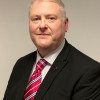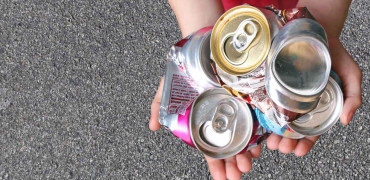COP27 has now ended and as the world’s leaders, their negotiating teams, interest (and pressure) groups all make their way home, it’s fair to take a look now at what was achieved in the two weeks, and more, of negotiations, late night discussions and rewrites from this year.
As mentioned before, I was privileged to attend the COP26 event in Glasgow last year, representing Mitsubishi Electric.
I’ve been following the events in Egypt because the urgency could not be more pronounced, with the last seven years being some of the hottest on record and the current temperature rise estimated to be around 1.2 degrees C.
We left Glasgow with the intention of ‘keeping 1.5 alive’ referring to the actions needed to ensure that this key global warming target is not breached.
I also left knowing that companies will be the ones who will need to drive investment and innovation to make the transition we all need at the pace required.
1.5 may still be alive, but it’s currently on life support
Building a role for buildings
The role of buildings in the fair transition we all want was not forgotten at COP27, albeit you will not have seen a single day focusing on this as was the case in Glasgow.
However, #buildingtocop and the actions of the World Green Building Council and others ensured this vital area was well represented.
So is 1.5 still alive? Maybe so, but currently on life support. We also know that as businesses we need to double down on our efforts, so why do I mention money….
Well, the key, last minute take away from this COP27 conference was discussion around an agreement on Loss and Damage, and funding for vulnerable countries hit hardest by climate disasters.
Previous commitments for funding have not been met, so time will tell if these pledges have more follow through in the teeth of global economic headwinds.
Martin Fahey, Head of Sustainability



